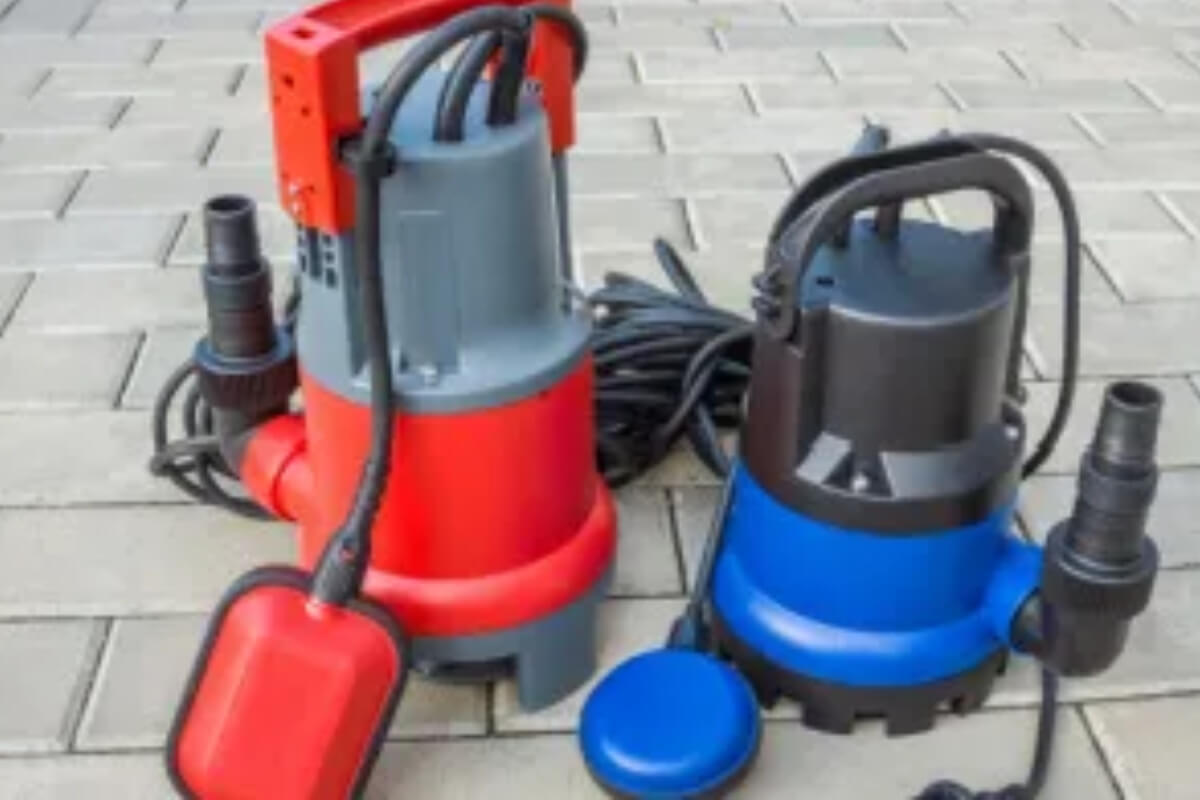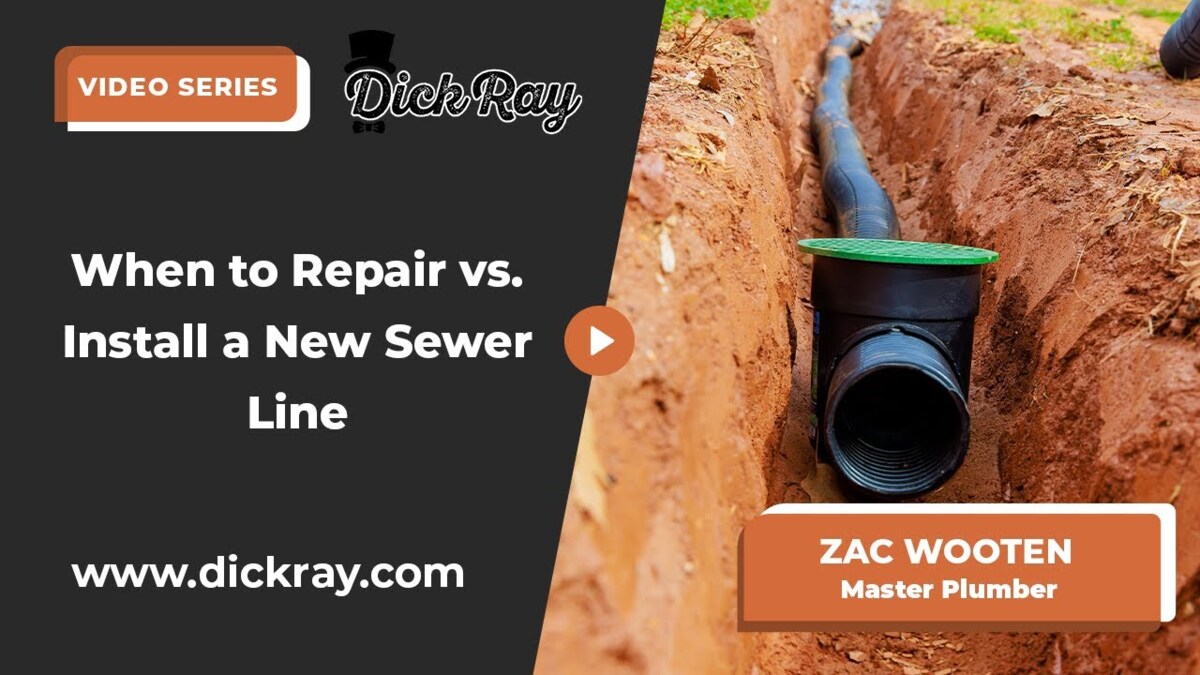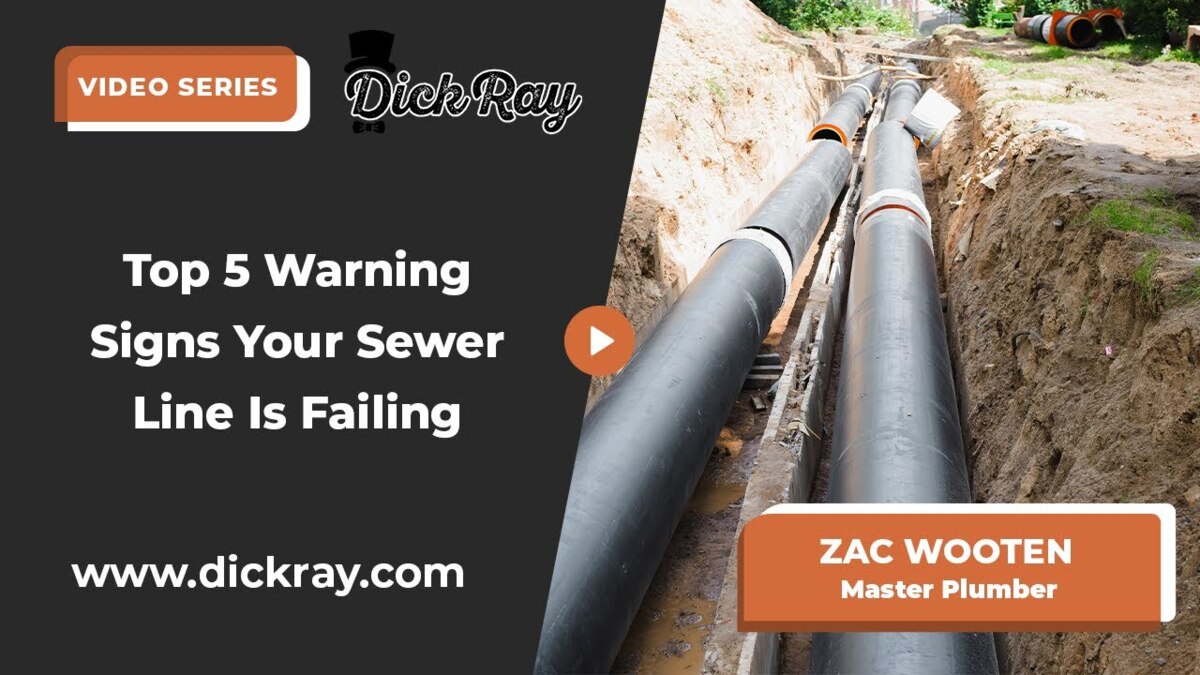If you’ve ever experienced the devastation of a flooded or water-damaged basement, then you can appreciate the value of a working sump pump. Designed to collect and pump accumulated water, the sump pump is an integral part of maintaining the structural integrity of your home.
If you have a home with a basement, it’s crucial to have a functioning sump pump installed. Equally as important is knowing how your sump pump works, as well as how to maintain your sump pump and what to do if your sump pump fails. In this sump pump Q&A, we’ll cover some of the most frequently asked questions homeowners have about their sump pumps and keeping water out of basements.
What Does a Sump Pump Do?
Sump pumps are pumps that collect water and drain it away from the foundation of a home. Typically installed in a pit in the basement, sump pumps protect your home from water damage.
During especially wet seasons, such as after heavy rain or snowfall, the earth around your home’s foundation accumulates a lot of water. If your foundation is old or has even slight leaks, your basement could become flooded, leading to costly water damage.
If you have a sump pump installed, accumulated water will drain into the pit containing the sump pump. As it collects more and more water, the pump’s floating mechanism rises with the water level. When the float reaches a certain tipping point, the pump empties the water into the attached discharge drain to direct water out of the basement and away from your foundation. Depending on how it was installed, the water will discharge into a perimeter drain or into your local storm sewer.
How Do I Test My Sump Pump?
It’s important to inspect your sump pump regularly to make sure it’s properly working. Unfortunately, many people don’t know their sump pump isn’t working until their basement floods. To take preventive action, you can check your sump pump to make sure it’s collecting water. If it has a clear lid, you can look to see if it contains water, indicating it’s working. Otherwise, you might need to unscrew or turn the lid to remove it and check the pit.
Another way to test your sump pump is to check the electrical outlet to make sure it’s still running the pump. You’ll also want to inspect the drain to make sure water is free-flowing and not clogged with sediment.
What Happens When Pump Pipes Freeze?
Sump pump discharge pipes should be properly installed to prevent freezing. Below-ground pipes should be buried below the frost line where the ground doesn’t freeze. Otherwise, above-ground pipes should be properly sloped so gravity encourages a constant downward flow of water. Flowing water is less likely to freeze than standing water.
Additionally, the pump and the discharge pipe should be installed with insulation that protects the system against freezing. If your sump pump pipe does freeze, you can use an electric heater to defrost it.
While it might be tempting, you should never pour automotive anti-freeze into your sump pump. Don’t discharge your sump pump water into the street, sidewalk or walkways where it can freeze and become hazardous.
Do Sump Pumps Have Replaceable Filters?
Sump pumps typically have screens rather than filters. These screens block large debris from entering the discharge pipe. Over time, the screens can trap enough debris that they become clogged and prevent water from draining. Regularly inspect your sump pump and remove accumulated debris.
How Long Does the Average Sump Pump Last?
The average sump pump should last about 10 years before it needs to be replaced. When buying a home, it’s a good idea to find out when the last sump pump replacement occurred, so you get a better idea of what your future maintenance and replacement costs will look like.
It’s important to note that a sump pump’s life expectancy depends on how well it was maintained. Sump pumps that are properly maintained should last their whole lifecycle. Improper maintenance and neglect can cause a sump pump to fail sooner. Remember that it’s cheaper to replace a sump pump than to perform water damage remediation.
How Do Sump Pumps Fail?
Sump pumps can fail when something goes wrong with the float mechanism. If it doesn’t trigger the pump to drain, then water gets backed up, flooding the basement. This may happen when the pump shifts within the pit and the float becomes wedged between the pit and the edge of the pump. Sump pumps can also fail when the drain becomes too clogged with debris or the pump has simply worn out its lifespan. Early wear may occur when sump pumps become overworked from running continuously when they don’t need to be.
Otherwise, sump pumps may fail due to components outside the sump pump itself. You might have an electrical malfunction that deactivates the pump. Or the drainpipe or hose might develop cracks or leaks, preventing water from reaching outdoors.
Do I Need a Backup Pump?
Backup sump pumps are recommended for homes located in particularly wet climates. While your primary pump should be able to withstand any amount of accumulated water, a backup pump is there in case of emergency.
Backup pumps are designed to take over for your primary pump should it fail. The backup can keep pumping while you fix or replace your primary pump. Always consult a plumbing professional when deciding what type of backup sump pump to install that’s most compatible with your primary pump.
How Often Should Sump Pumps Be Maintained?
Sump pump maintenance is an ongoing process. You should inspect your sump pump each spring and perform any necessary maintenance at that time. Spring is when most flooding occurs, and therefore when your pump will work its hardest.
During maintenance, pay attention to any warning signs of potential sump pump failure, such as clogs, electrical issues or leaks. Also, watch for how active your sump pump is. If your sump pump is continuously cycling without heavy rainfall, you should call a professional plumber to inspect it.
Choose Dick Ray Master Plumber for Your Sump Pump Needs
Sump pumps are a critical part of homeownership and keeping your family and your home safe from water damage. Proper installation of sump pumps requires an expert with years of experience in plumbing and pipefitting. A trusted plumber can recommend the right type of sump pump for your home and climate and one that’s compliant with municipal building codes. Never try to install or repair a sump pump on your own.
Whether you need to replace an existing sump pump or you need an emergency repair, choose Dick Ray Master Plumber in the Kansas City Metro area. We’ll quickly evaluate your needs and provide reliable, professional service. Contact us online today or call us at (913) 214-8770 for your sump pump needs.





